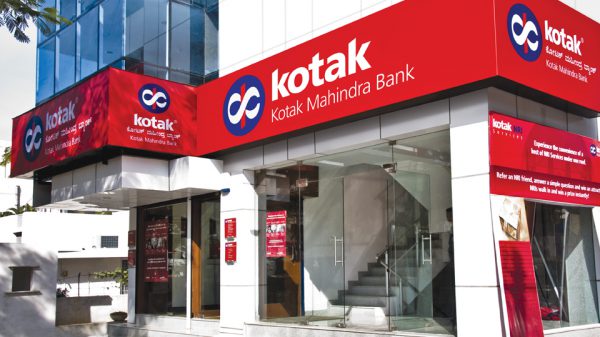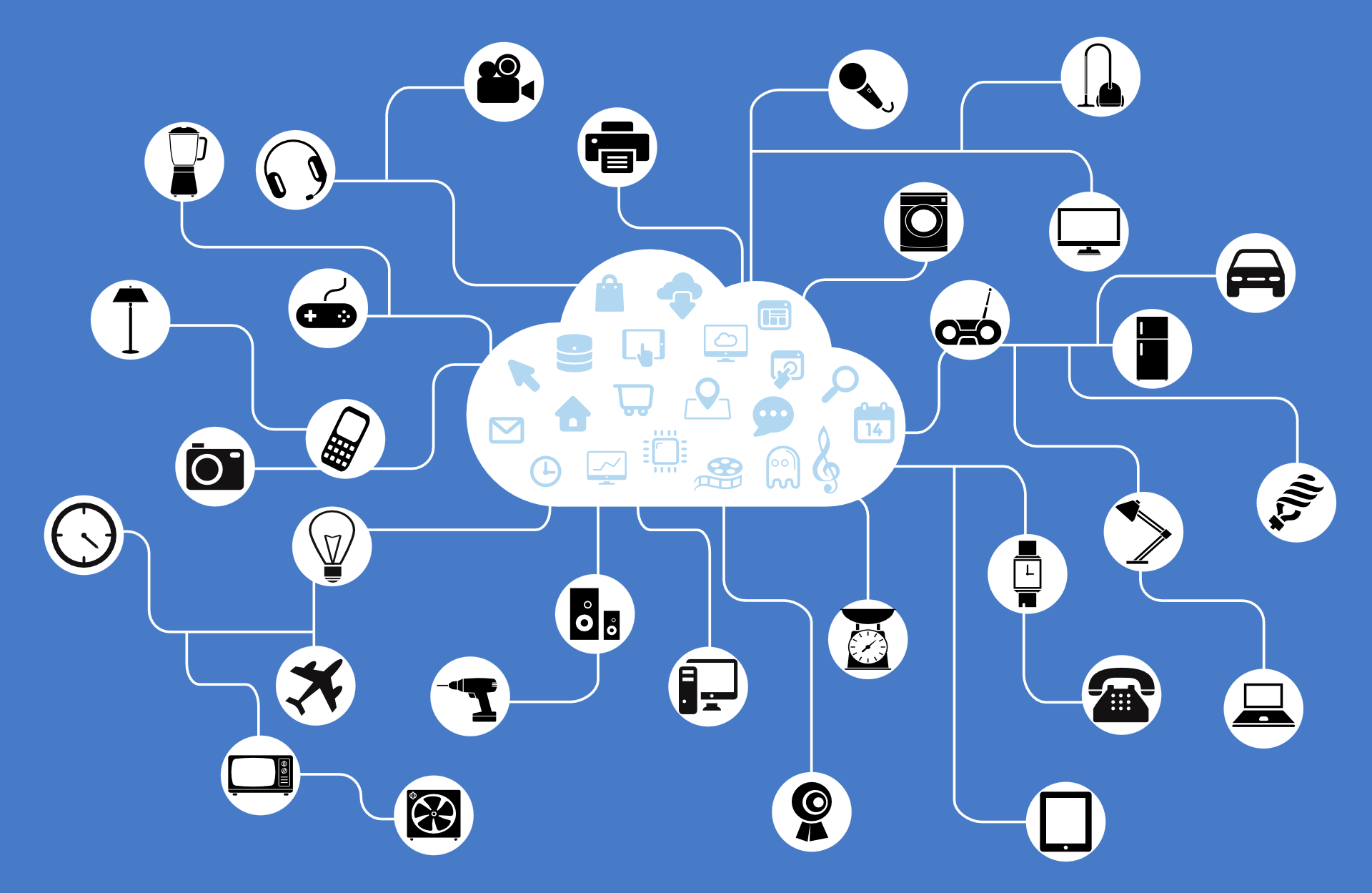Update (September 11, 2020 12:30 pm): The deadline to submit comments has been extended to November 30. NITI Aayog's newly released draft Data Empowerment and Protection Architecture (DEPA) seeks to break data silos and monopolies so that fintech and healthtech companies can compete on basis of design, analytics and value creation rather than data access. Its secondary aim is to help individuals and small businesses access their data and to securely share it with third party institutions. The latter will be implemented through consent managers — private entities that piggyback on public digital infrastructure and eventually derive profit from it in the form of service charges. Subtitled “consent-based data sharing framework to accelerate financial inclusion”, the DEPA framework aims to help people get “practical means to access, control, and selectively share personal data” which is stored across multiple databases. The framework essentially proposes the implementation of an RBI Account Aggregator system in all sectors as a way to manage users' consent. Comments to the draft can be submitted via email until October 1, 2020 at annaroy@nic.in. To make the consent manager model financially viable, DEPA has proposed that consent managers could charge a nominal fee to facilitate a data exchange. Instead of charging individuals/data principals, DEPA proposes charging the data users in a subscription model. Information Providers could charge a service fee in future, but as of now, in the financial sector, they have agreed to provide data without charges As per the report, this framework is “set to launch…





























